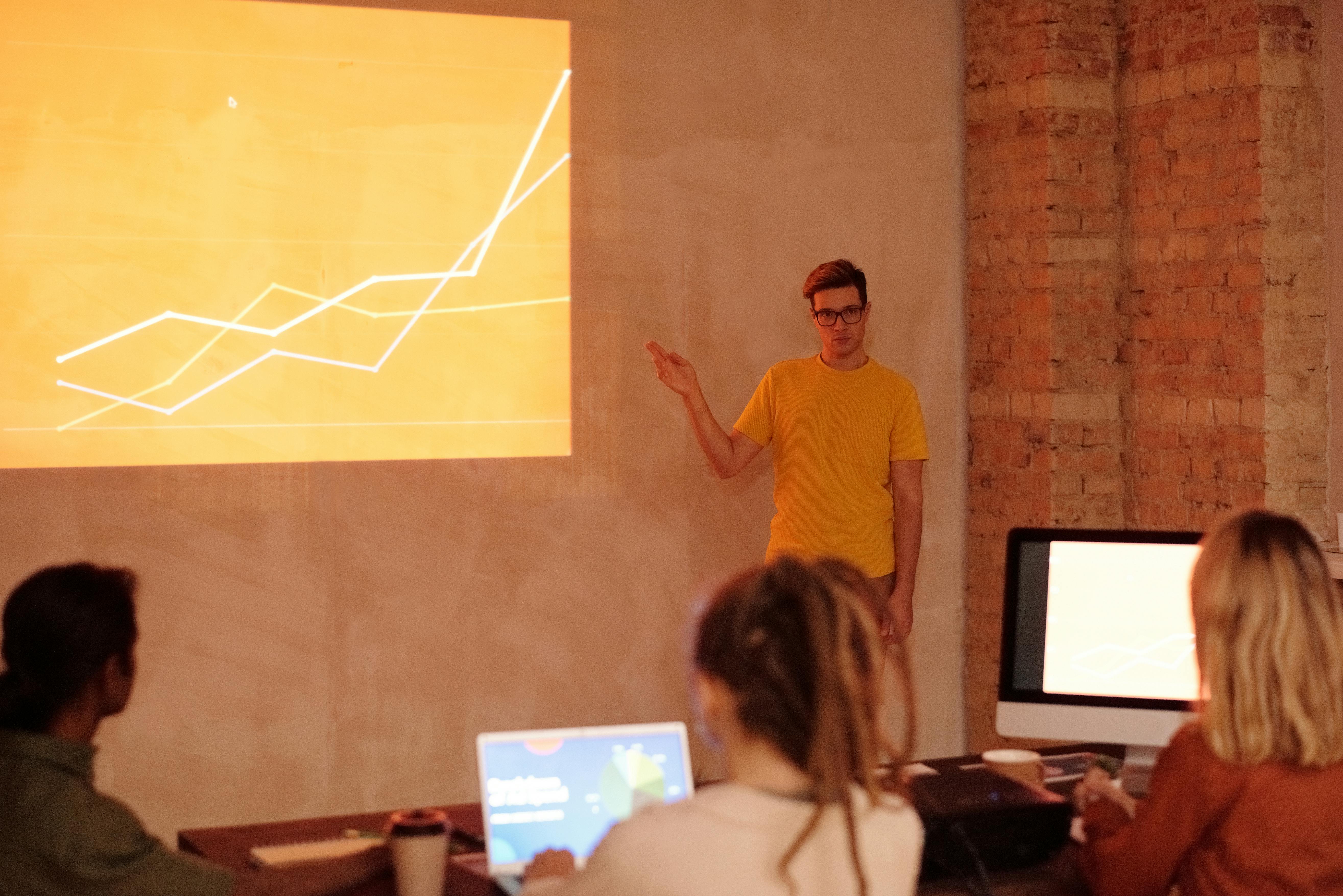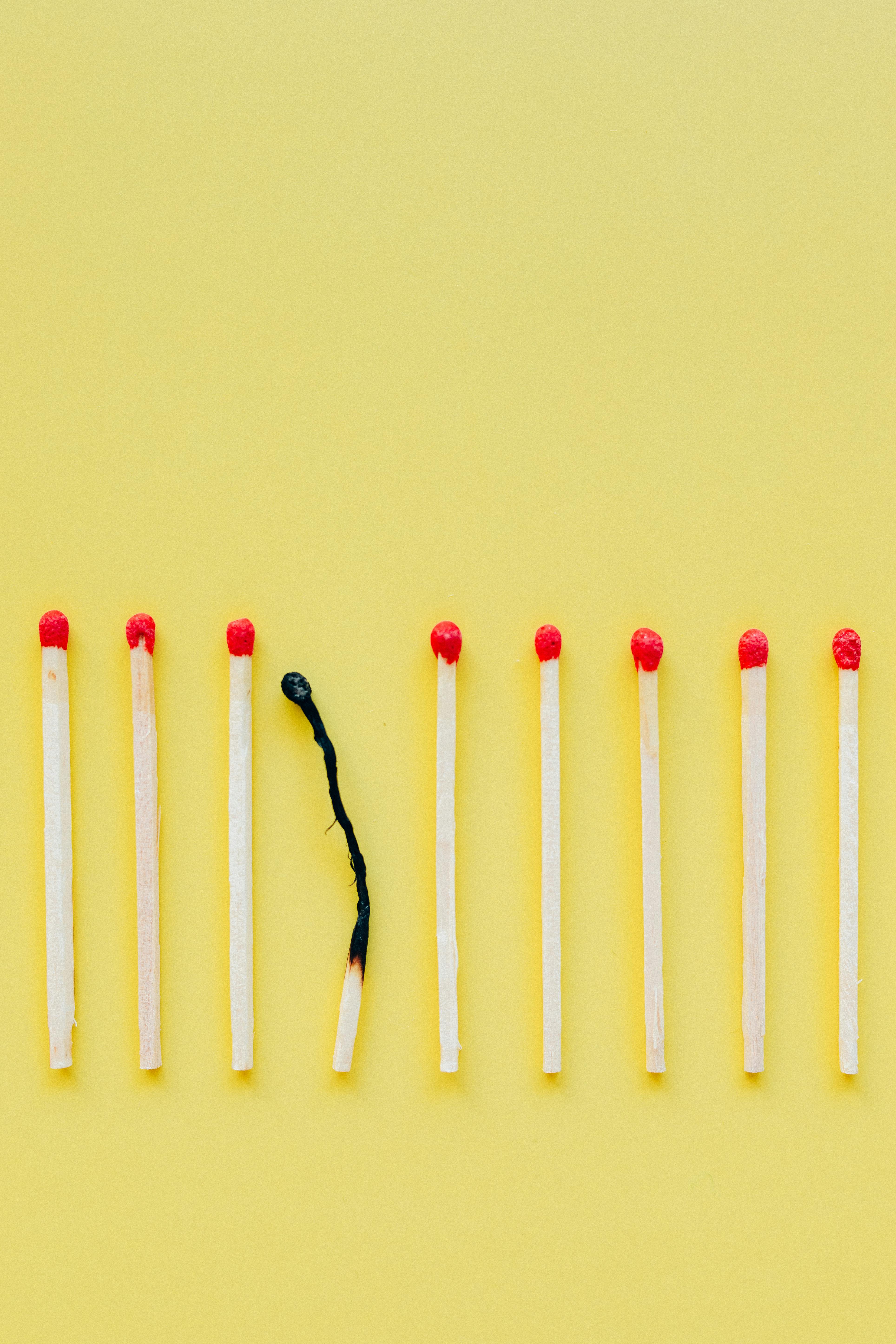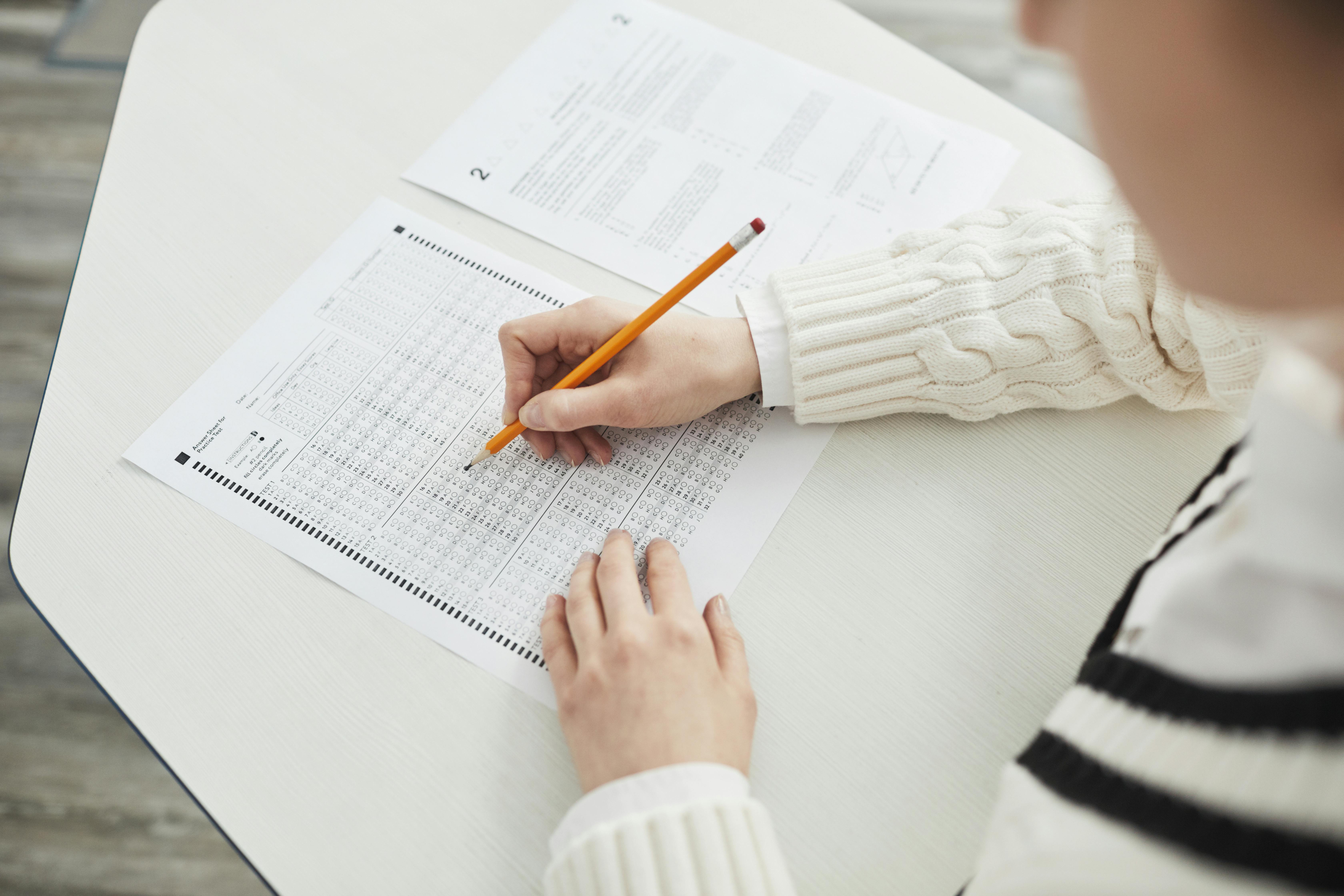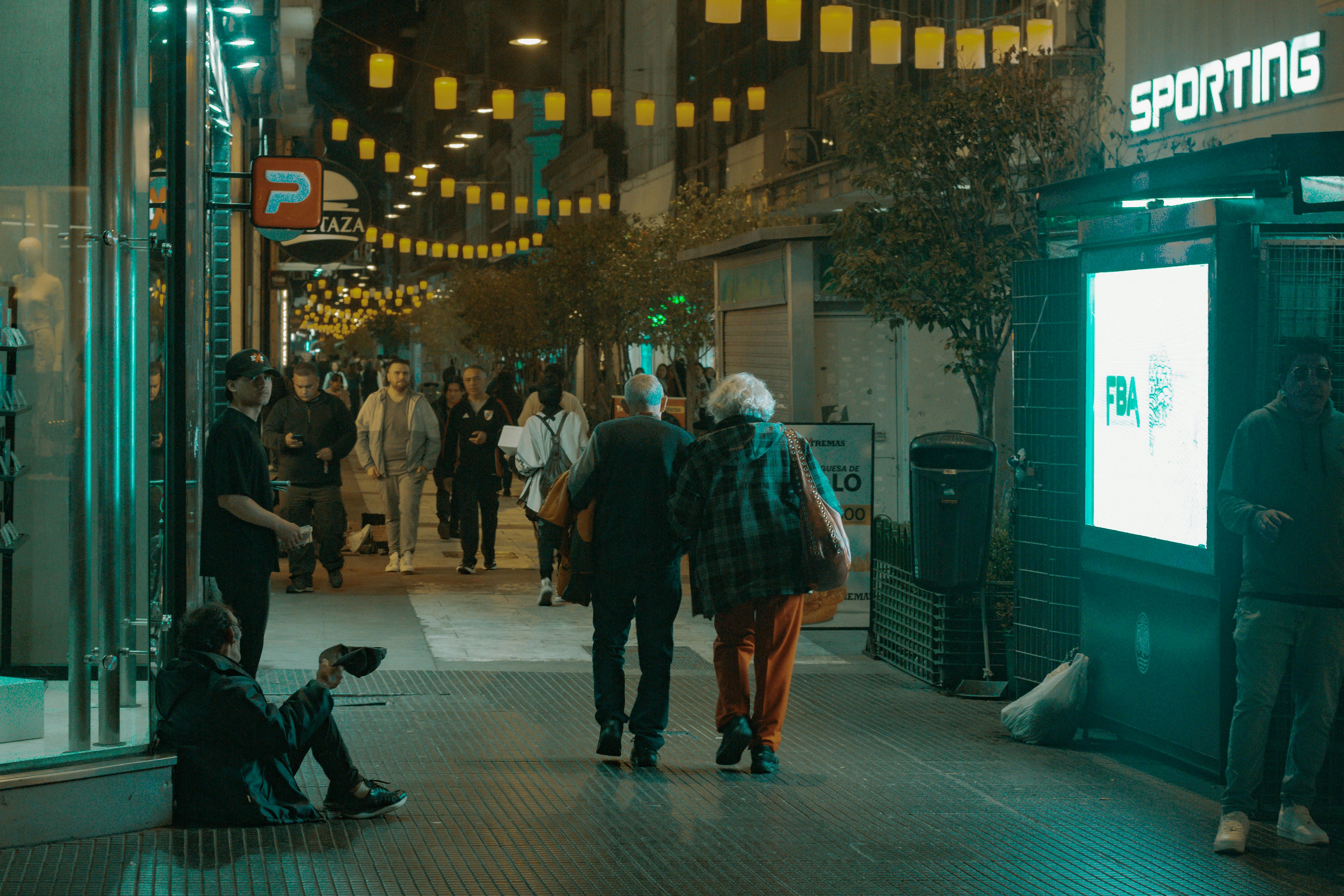
How I Stopped Rewatching 2-Hour YouTube Lectures and Started Scoring Higher
Study Hack
Nov 22, 2025

Every university student knows the cycle: you find a YouTube lecture or educational video that explains exactly what you need for class… and then you spend hours rewatching it because you can’t remember anything later. You hit rewind, pause every 10 seconds, take messy notes, and still feel like half the information slips away.
I lived in that cycle for most of my first year. I’d save playlists, watch videos at 1.5x speed, slow them down again, keep multiple tabs open, and rewrite notes that didn’t actually help during exams. It felt like I was working hard—but I wasn’t learning deeply.
Everything changed when I stopped studying by rewatching videos and started converting YouTube content into flashcards automatically. That shift took me from stressed, behind, overwhelmed… to someone who actually remembers what they study. Here's how it happened and how you can replicate it.
The Real Problem With Watching YouTube Lectures
YouTube has become one of the largest learning platforms in the world. Whether it’s medical explanations, coding tutorials, psychology lectures, business case studies, or math walkthroughs, students rely on it daily.
But here’s the truth students don’t realize:
Watching a video is passive.
Remembering what’s in the video requires active recall.
When you simply watch, your brain isn’t forced to retrieve information. You might understand it in the moment, but it fades fast.
That’s why students get stuck in a loop:
You watch the video
You forget most of it
You watch it again
You still don’t retain it
You panic near exams
This cycle eats time and destroys productivity.
The Breakthrough: Turning YouTube Videos Into Flashcards
One day, after rewatching a 2-hour lecture on economics for the fourth time, I started wondering:
“What if instead of rewatching, I could extract the key ideas and turn them into flashcards automatically?”
Flashcards force your brain to retrieve information. They’re proven to:
Improve long-term retention
Strengthen neural pathways
Reduce study time
Increase exam performance
Prevent passive learning
But manually creating flashcards from a long YouTube lecture? That would take hours—hours I didn’t have.
That’s when I discovered tools that generate flashcards from YouTube links. The idea sounded unreal: paste a YouTube link → get flashcards. But after trying it, everything clicked. I wasn’t learning from the video anymore—I was learning from exercises built from the video.
That’s when my grades and study habits changed.
Why YouTube → Flashcards Works Better Than Rewatching
Here’s why the method is so powerful:
It forces active learning
Flashcards make you think, not just watch. You’re constantly recalling facts, definitions, formulas, and explanations.
You study the important parts, not the filler
YouTube videos often include rambling, jokes, pauses, or long examples. Flashcards compress content into the core material.
You stop wasting time
A 2-hour lecture becomes:
– 20–50 flashcards
– A structured summary
– Quick revision exercises
You can study anywhere
Flashcards work on your phone, laptop, or tablet. You don’t need WiFi or headphones.
You build long-term memory
With flashcards, your brain retrieves information repeatedly—this is how real retention happens.
It’s like distilling a long video into a perfectly organized study set.
The Workflow That Changed How I Study
Here’s the exact step-by-step system I use now:
Find a YouTube lecture I need for class
Paste the link into a YouTube → Flashcards tool
Let it generate flashcards, summaries, and key ideas
Edit or refine the flashcards I want
Review them with spaced repetition
Go into class already understanding the content
Instead of spending two hours watching one video, I now learn the same content in 15–20 minutes.
That’s the power of transforming video content into active recall exercises.
The Tool That Made It Easy
I use Duetoday AI for this workflow. It takes any YouTube link—lectures, tutorials, explainers, long educational videos—and automatically turns them into flashcards, notes, summaries, and even quizzes. Since it also generates AI-powered PowerPoint slides and lets you chat with your lectures, it helps me revisit concepts quickly without rewatching anything.
There’s interactive quizzing, flashcards, and even the option to customize difficulty. For students who rely heavily on YouTube to learn, this single feature saves a ridiculous amount of time. You can try it free.
Use "BACK2SCHOOL" For 50% Off.
From Overwhelmed to Balanced
Once I shifted to flashcards generated from videos, I stopped:
Rewatching lectures at night
Getting stuck on long tutorials
Needing to pause every 5 seconds
Feeling behind during exam week
Having panic spirals about unfinished topics
What surprised me most was how light studying felt. Instead of feeling drained, I felt organized. My notes weren’t chaotic anymore. I wasn’t drowning in videos.
And when exams came… I wasn’t cramming. I actually remembered things.
That’s the part I wish more students knew: you don’t hate studying—you hate inefficient studying.
Why This Method Helps You Score Higher
When you move from watching videos passively to studying flashcards actively, your exam preparation naturally improves.
Here’s what I noticed in my grades:
I could answer short-answer questions faster
My essay answers were more structured
I could recall definitions and examples on demand
I wasn’t confused by exam phrasing
I performed well even on trick questions
The difference wasn’t intelligence—it was method.
YouTube-to-flashcards helps your brain lock information into long-term memory instead of throwing it away after watching a video once.
Who This Method Works Best For
This workflow is perfect if you study subjects like:
Business / Economics
Psychology
Medicine / Nursing
Biology
Programming
Engineering
History
Marketing
Finance
Law
Math (conceptual videos)
Basically, any course where YouTube teaches you the foundation—and you need to recall it later.
It also helps students who have:
Busy schedules
ADHD
Low motivation
Hard time focusing
Big semester loads
Online classes
Last-minute deadlines
Flashcards provide structure where videos provide chaos.
A Day in My New Study Routine
Here’s how my typical study session looks now:
I start with a lecture video. Instead of watching it fully, I let the tool process it. Within seconds, I get the flashcards, summaries, and key points.
I skim through the flashcards, hit the ones I struggle with, and keep reviewing until I get them right. I can study on my bus ride, at the gym, during lunch, or before bed.
The best part? I never have to rewatch anything unless I want to.
Studying finally fits into my life instead of taking over it.
Why You Should Try It
If you’re tired of drowning in YouTube lectures…
If you keep rewatching the same video three times…
If exams feel overwhelming…
If you want to learn faster without sacrificing your sanity…
Turning YouTube videos into flashcards is the upgrade your brain needs.
I genuinely believe this method is what modern students should be using in 2025 and beyond.
Because YouTube isn’t the problem.
The method you use to learn from it is.
And flashcards? They fix everything passive learning can’t.
How accurate are flashcards generated from YouTube videos?
Accuracy depends on the tool, but good AI notetakers capture the main ideas, definitions, and explanations. You can always edit or refine them.
Do I still need to watch the video?
Not always. For bigger concepts or visual explanations, watching helps. But for exam revision, flashcards are enough for most topics.
Can this replace lecture notes?
It complements your notes. Flashcards help you remember the key points, while notes help with deeper understanding.
Can I make flashcards manually if I prefer?
Absolutely. The automation just saves time. Manual flashcards still work—they just take longer to produce.
Is YouTube actually a good study resource?
Yes. Many university professors, researchers, and educators upload detailed lectures. The challenge is retention, which flashcards solve.
How fast can I learn with this method?
Students usually cut their study time in half. A 2-hour lecture becomes a 20-minute flashcard session.

Take A Look At Our Latest Blogs & Update!
GET STARTED Free
Your All-In-One
AI Study Companion
Start using Duetoday and save 8 hours per week.











